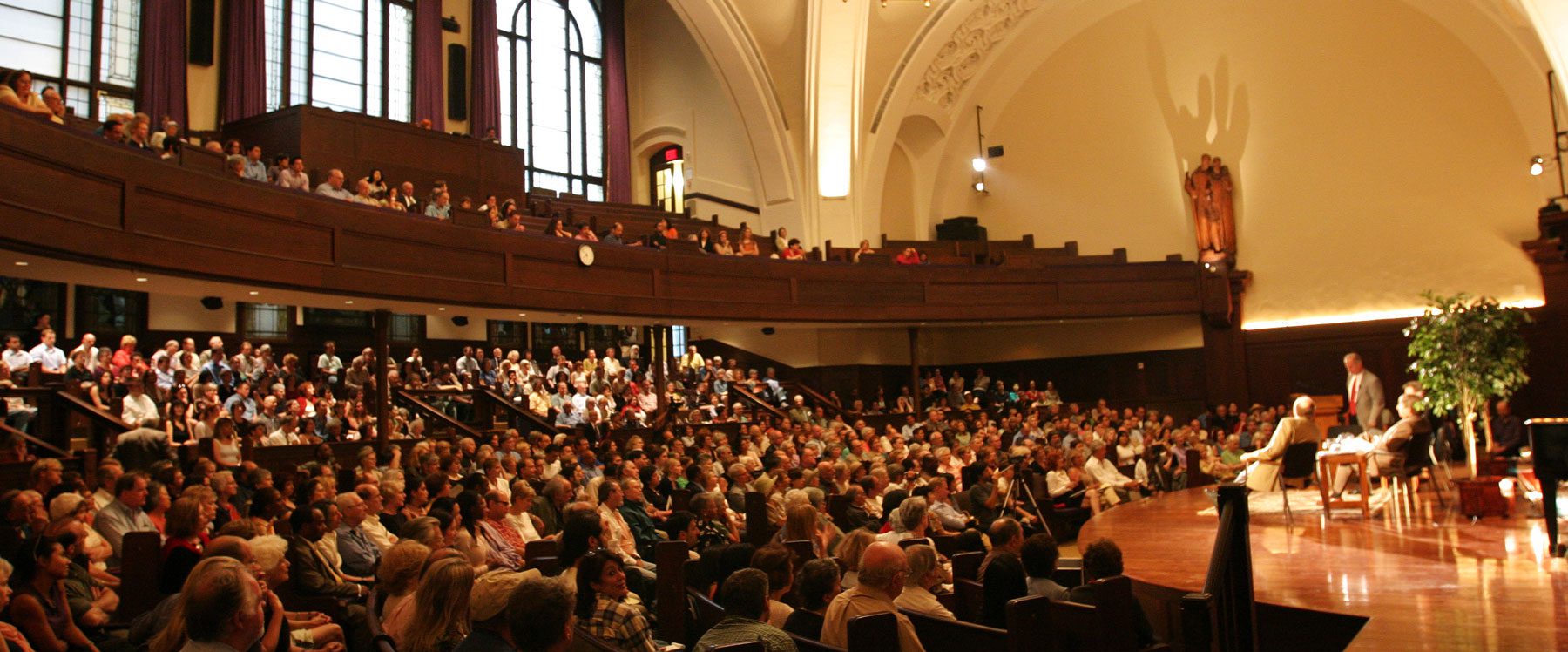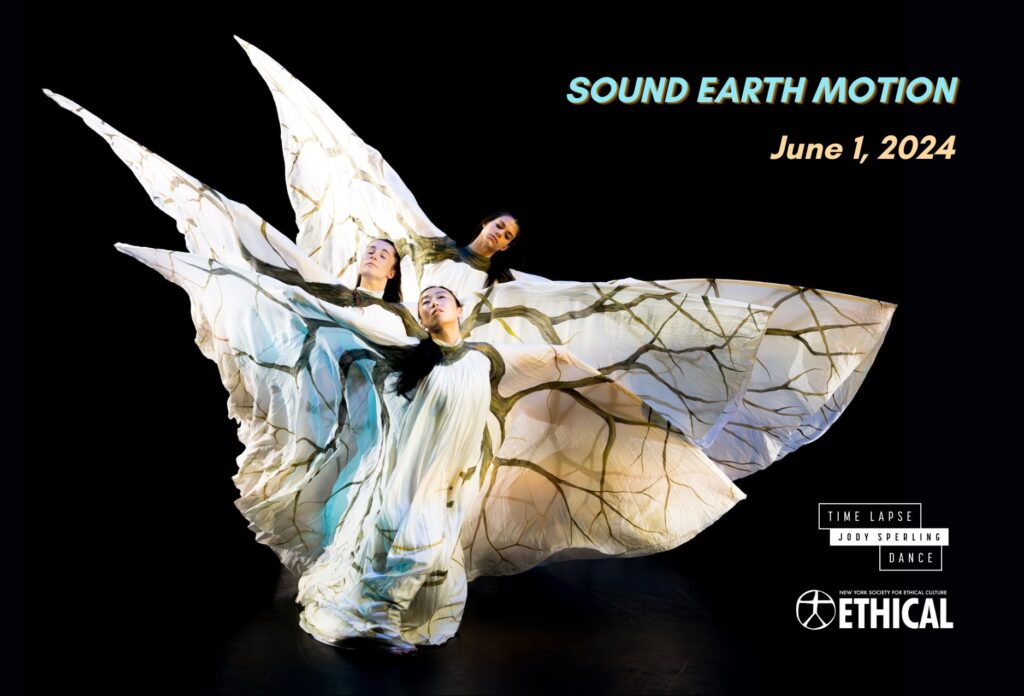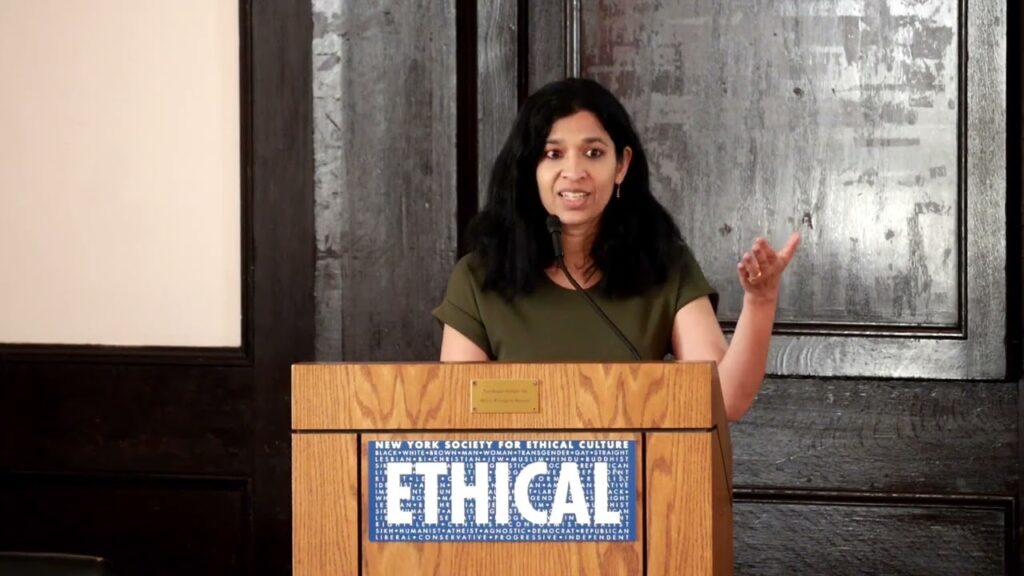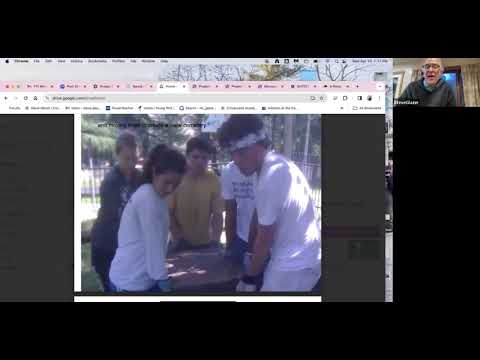
“This freedom to doubt is an important matter in the sciences and, I believe, in other fields. It was born of a struggle. . . I feel a responsibility to proclaim the value of this freedom and to teach that doubt is not to be feared, but that it is to be welcomed as the possibility of a new potential for human beings.” Richard Feynman, physicist
“I just don’t know what to believe any more.” Gentleman caller from Alabama
* * * *
Ethical Culture does not lay claim to certainty – moral or spiritual – as more traditional Western religions do. We live in the question, learning from our experiences and relationships how to lead good lives. I remember a young man from the Brooklyn Society who was ready to graduate from Sunday school. His parents were Jewish, and he had been invited to several lavish bar and bat mitzvah parties. One day he asked them if he could attend Hebrew School to prepare for a bar mitzvah and, although they were surprised, they agreed. A month or so later, Jon returned. He said it was because of the questions. In Hebrew School, teachers asked questions for which there were certain answers, and he was expected to recite them. To him, this was a rote exercise without meaning. “In Ethical Culture,” he said, “everyone asks questions, and we discuss what we think and feel about them. We all learn together and figure things out.”
Not everyone is comfortable with that kind of moral teaching. Commandments, after all, are to be obeyed, not questioned or discussed. Divine revelation must be trusted, not doubted. There are serious consequences when traditions and rules are not followed. Yet to doubt their efficacy, to wonder whether they are relevant thousands of years later, is necessary if we are to confront and solve the problems of today.
Ethical Culture founder Felix Adler wrote, “We should teach our children nothing which they shall ever need to unlearn; we should strive to transmit to them the best possessions, the truest thought, the noblest sentiments of the age in which we live.” By modeling ethical behavior, by permitting the possibility that we cannot be certain about everything, and by engaging them in a rigorous conversation about what it means to be good, we “leave the door open to the unknown,” as Richard Feynman put it, and give our children the capacity to live with doubt and, with “abject honesty,” to understand the situations they confront and decide how to act morally.
One day a gentleman from a small town in Alabama called the Leaders’ office. He was married with two young children and attended the local Baptist church. He enjoyed “surfing the ‘net” and had discovered Ethical Culture and Humanism online. Now he had doubts about his religion and didn’t know what to believe. He was concerned that it was a sin to doubt, that he was putting his soul and the souls of his children in jeopardy. There was no one he could talk to about this. So he and I had a long conversation. Although not his pastor, I became his pastoral counselor, creating the place for him to honestly tell himself what he was thinking and feeling. I couldn’t give him answers, but I could acknowledge and honor the existential struggle he was experiencing. Fathers must be certain about things; church-going Baptists must toe the creedal line. But he was questioning and wondering: a door to the unknown had opened for him, and he was afraid to go through it.
I asked him about the god he believed in and whether he could believe that that god would hold him safely and lovingly while he doubted. After all, Jesus still loved his disciple Thomas when he accepted his invitation to touch his wounds. I asked what goodness meant to him and if he thought he was a good person. He wasn’t sure if it was good to question belief.
We ended with a discussion about books we had each read and exchanged the names of favorite authors. I haven’t heard from him again. I wish him well and hope he finds a way to live with doubt and to believe in goodness.
“Act the Good, and you will believe in it.” – Felix Adler, Life and Destiny







